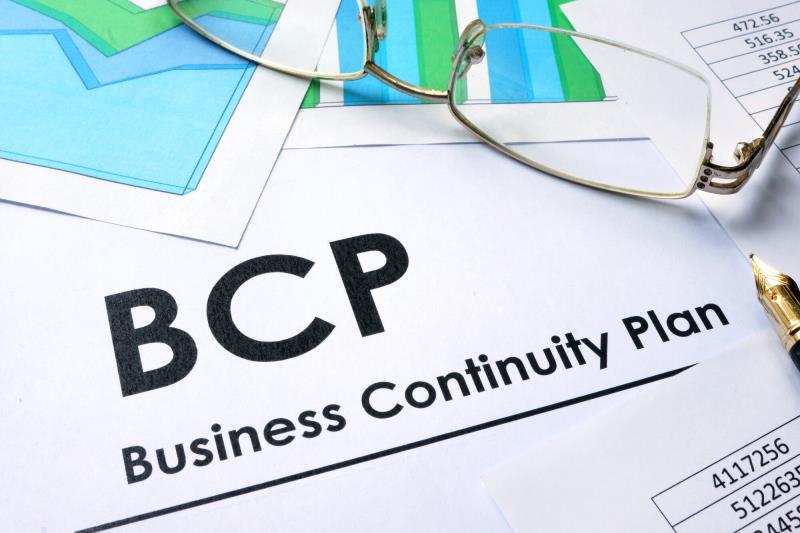Preventing a Data Disaster: The Top Causes of Data Loss and How to Avoid Them
While data loss is frustrating it is also very costly. The average value of a single piece of data is $148 for a piece of data. If you lost all of...
2 min read
Mindy Gallagher : Jan 6, 2020 12:00:00 AM
Every business values its data. However not all businesses take action to protect their data. 21% of business files and folders don’t even have any protection.
A disaster can strike at any time. These disasters such as ransomware hardware failure or even a natural disaster can destroy your data.
This is why every business should have an IT disaster recovery plan. Even in the event of a disaster you can access your data and can continue business as normal.
However not all data recovery plans are created equally. To ensure your disaster recovery strategy is effective include these 4 elements in your plan.
Even if you saved all of your data there’s a chance you’ll be out of business for some time. You’ll need to backup your data install new software or other necessities to run your business.
Every recovery strategy will require a realistic view of how long it will take to get your business up and running. You’ll also need to know how much money you can expect to lose if you experience more downtime.
The amount of time you’ll need depends on how often you use your data.
For example if you own an eCommerce store you can’t sacrifice even a few additional seconds without data compared to those who own a brick-and-mortar store.
Are you struggling to gauge this metric? Business disaster recovery and continuity professionals can advise you on these best practices.
If your business uses different hardware or software it’s difficult to organize which ones you should recover first. Always list the hardware or software your business prioritizes starting with the ones you use the most.
In addition create a list of any support contact information that corresponds with the hardware and software.
If you outsource your IT services you can also ask if your business data support if they can repair or reinstall your hardware and software.
When disaster strikes everyone should be in the know about what happened and your recovery solutions. Plan your communication strategy and what you should say to everyone involved.
Your employees should be the first priority. Explain the disaster what they should do during the disaster and offer any solutions such as accessing your software from a remote environment until you can get your servers running.
Your customers are the next priority especially if their personal data was compromised. Explain the disaster and inform them of any possible business downtime such as late product shipments.
Other individuals to communicate with include vendors sponsors and suppliers.
Keep in mind you may not be able to email these individuals or contact them digitally. Always have a backup phone number to call or text your contacts.
Data backup is a core component of every disaster recovery plan. But you should ensure your data backup method is effective.
Test your external hardware regularly. Make sure you can back up your data quickly. Ensure the hardware works and all data is easy to access.
You'll also want to ensure all types of data are restored correctly. This includes data pertaining to employee information payroll data customer information and all necessary data.
Now that you know the essentials for a disaster recovery strategy how do you go about creating one? Take a look at our disaster recovery and business continuity services.


While data loss is frustrating it is also very costly. The average value of a single piece of data is $148 for a piece of data. If you lost all of...

Business continuity focuses on how well your business can keep going during disasters or changes in the environment. Ideally you are able to stay...

Digital security is an ever-changing and complex business. Businesses that deal with private information need more protection than ever. CPA firms...